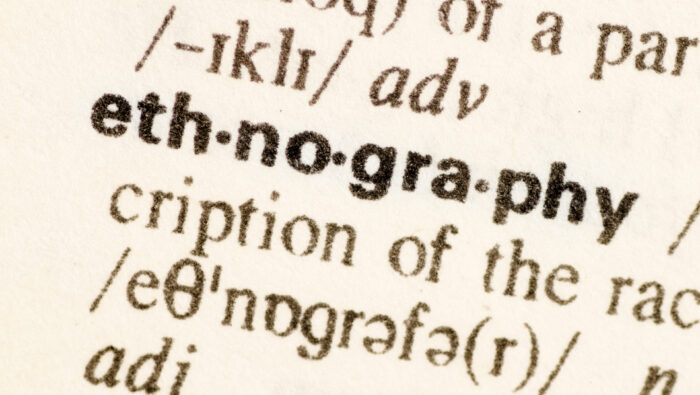
Boxi Wu
DPhil Student
Boxi (bor-shi) is a DPhil researcher at the Oxford Internet Institute and a Research Policy Consultant with the OECD’s AI Policy Observatory (OECD.AI).

Data centres are the powerhouses of the digital economy, underpinning the Internet, cloud computing and emerging technologies such as Artificial Intelligence (AI). Contrary to cultural narratives of the immaterial digital cloud, data centres are physical infrastructures that require intensive land, water and energy resources to operate. They are also powerful cultural objects associated with the imagined and anticipated infrastructural promises of connectivity, security and, increasingly, sustainability. Amid the backdrop of national pursuits of digital sovereignty and the geopolitics of AI competition, the global physical footprint of data centres is expected to expand, driven by private investment from Big Tech corporations and data centre developers. However, what happens when the “global flows” of the data centre industry arrive in the “local places” of communities subject to its cultural and material realities? This research paper explores this question through an ethnographic case study of local data centre contestation – when communities mobilise for and against the construction of data centres – in a major data centre market, the UK. Drawing from anthropological approaches to studying the subjectivities of local contestation, this research adopts Anna Tsing’s concept of friction (2005) to analyse the new arrangements of culture and power emerging from local communities’ response to the infrastructural promises of the proposed Havering Data Centre Campus in East London. The paper argues that communities assert their local environmental knowledge and cultural narratives of perceived marginality to challenge and shape the promises of data centres imposed by corporate and state actors. Through illustration of the frictions of sustainability, necessity and marginality, this research intervenes into debates within the fields of infrastructure and critical data centre studies about the local impacts of data centres and the broader sociotechnical infrastructures of the cloud.
Boxi (bor-shi) is a DPhil researcher at the Oxford Internet Institute and a Research Policy Consultant with the OECD’s AI Policy Observatory (OECD.AI). Their research focuses on the politics of AI infrastructure within the context of local resistance to data centres amid the current climate crisis. Boxi’s DPhil is generously funded by the Grand Union Doctoral Training Partnership and the Balliol College Dervorguilla Scholarship. They are jointly supervised by Professor Victoria Nash and Dr Ana Valdivia. At the OII, Boxi has worked as a Researcher on the Political Geography of AI Infrastructure project with Professor Vili Lehdonvirta and is currently a member of the Oxford-Aalto University Digital Economic Security Lab (DIESL). In previous research, Boxi has published on AI ethics and the inequalities of digital infrastructure in Big Data & Society, Philosophy & Technology, ACM Fairness, Accountability & Transparency and AAAI/ACM AI, Ethics & Society. Boxi has communicated their research as an expert quoted in TIME magazine (New Research Finds Stark Global Divide in Ownership of Powerful AI Chips) and Jacobin (The Hidden Environmental Impacts of AI). Prior to returning to academia, Boxi worked in AI ethics, technology consulting and policy research. Most recently, they worked in AI Ethics & Safety at Google DeepMind where they specialised in the ethics of LLMs and led the responsible release of frontier AI models including the initially released Gemini models. Boxi holds an MSc in Social Science of the Internet (OII), an MA in Urban Planning (University of Melbourne) and a BA in Political Science and International Relations (University of Western Australia). Outside of academia they are a co-Director of ESEA Green Lions, a UK-based social enterprise working to build community and connection with issues of climate justice within East and Southeast Asian communities in the UK from a decolonial and anti-racist perspective.